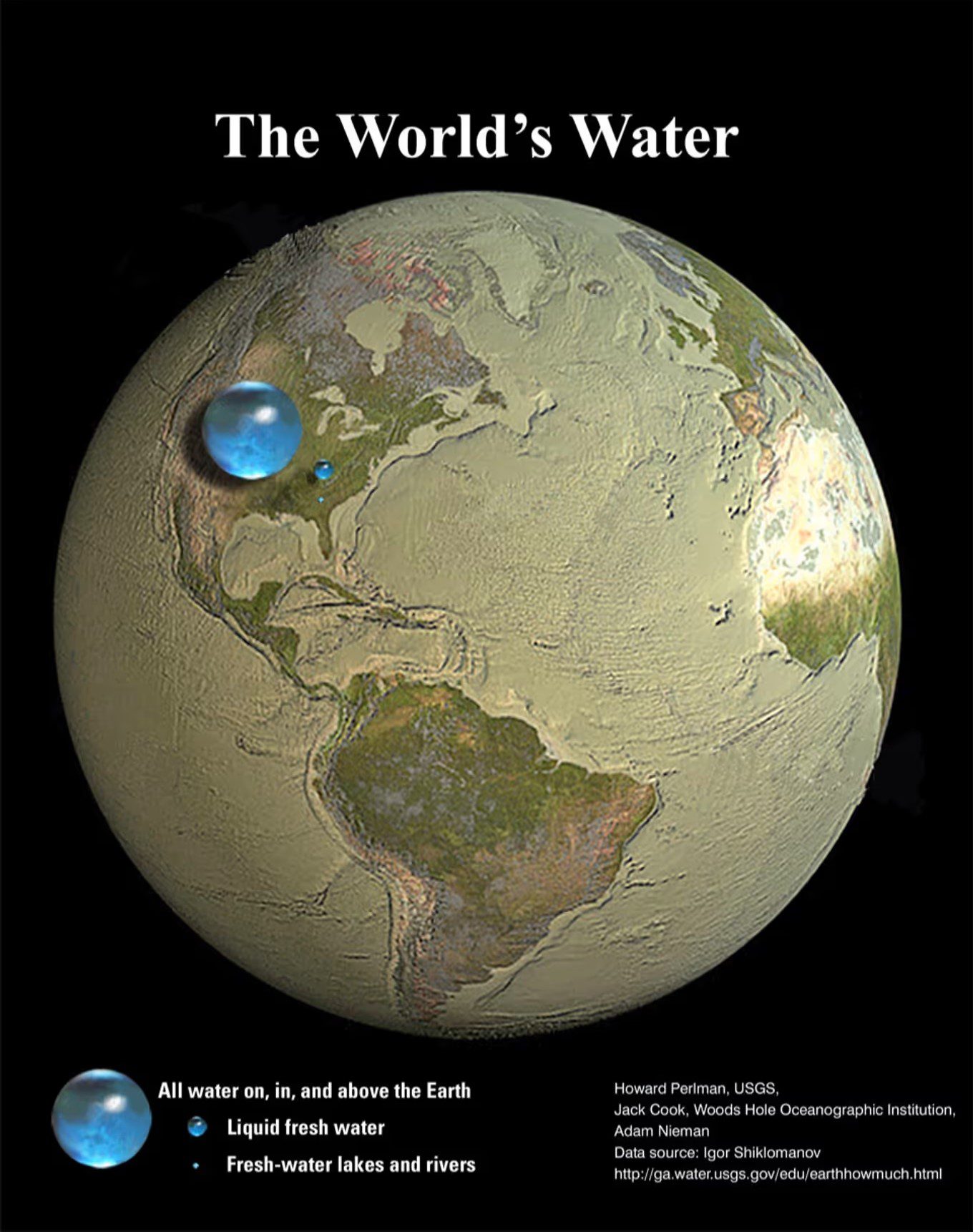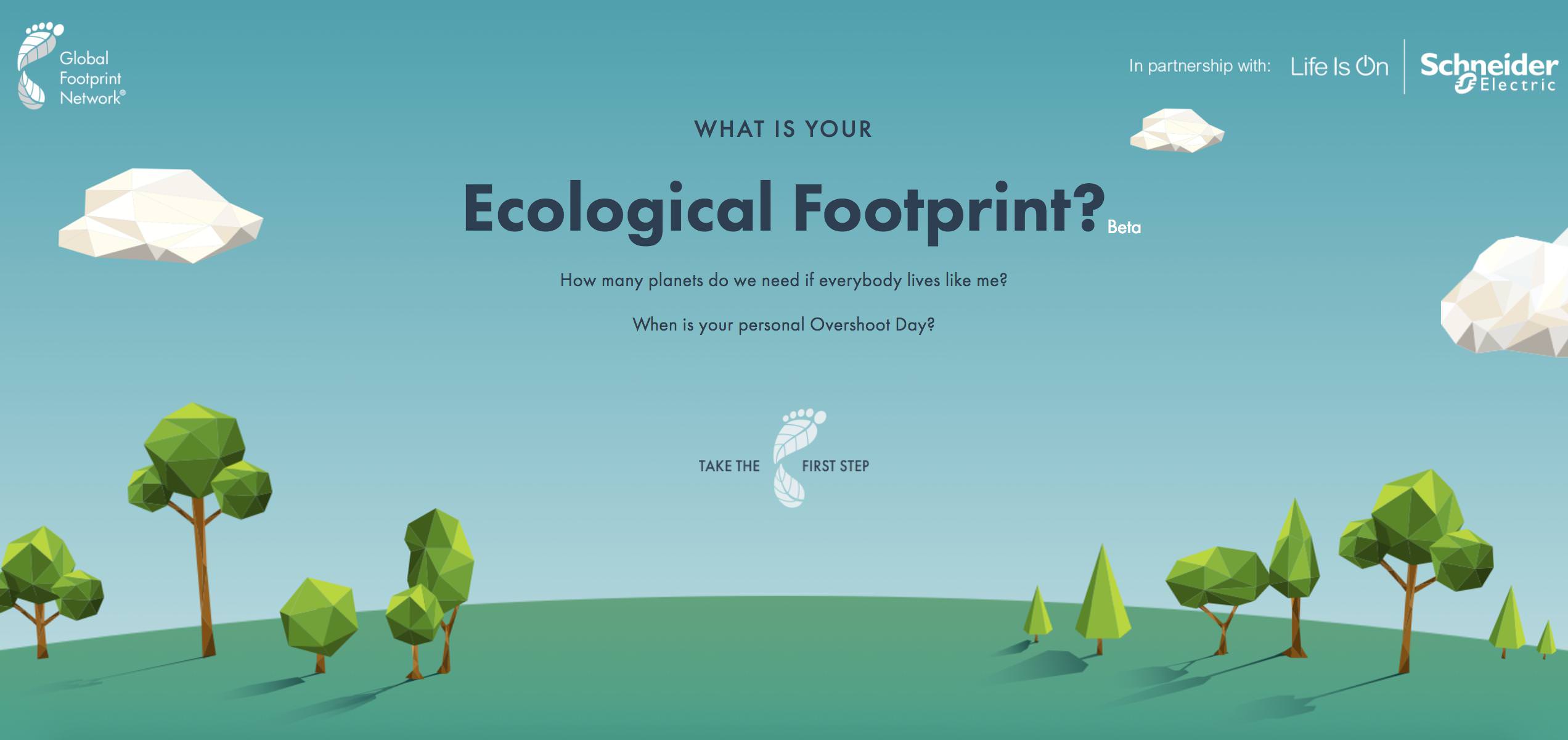Household
Facts and Figures
Harmful Chemicals
Act now
Quality Seals
APP
Our 10 sustainability tips
How you can take simple steps to help protect our environment

Sustainability in the household means that resources are only used to the extent that they can be renewed. Households play a particularly important role, as a wide range of products are used here. Various more or less harmful cleaning agents and products, cleaning sponges, as well as cosmetics and body care products.
Sustainability allows us to make better use of nature’s available resources, thereby preventing overuse and destruction of the environment.
If you want to take care of the environment in your household, you don’t have to turn your whole life upside down and buy expensive things. Even small things can make a big difference.
You can use environmental resources more efficiently, resulting in less waste. This is good for the environment and for us humans. You also save money.

01
Every Degree Less Heat Helps Our Environment
Reduce the temperature in your home. This is not only good for the environment but also for your health. The ideal is:
- 16 – 18°C in the bedroom
- 20° C degrees in the children’s room and living room
If you also leave the shutters down overnight, you will also reduce heat loss.

02
Ventilate Your Home Properly
Fully open the windows 3 to 4 times a day for 5 to 6 minutes (maximum 10 minutes). Short cross-ventilation is particularly effective. This involves opening the window fully and not just leaving it slightly open.

03
Sealing Doors And Windows
Even when doors and windows are closed, a lot of heat can escape. So seal them or replace them in your own home. You can use a lit candle to find out whether everything is tight. If the light flickers, cold air is still coming in from outside.

04
Be Water Smart
Water covers 70 % of the earth’s surface. We therefore take water for granted, but it is much more valuable than we ever think.
97.5 % is not drinkable as salt water. Only 2.5 % of the world’s total water reserves consist of fresh water. Most of it is bound up in glacial ice in the Arctic and Antarctic. We only have around 0.3 % freshwater reserves in lakes, rivers and reservoirs.
For this reason, we should all save water in our daily lives at home:
- Regularly check your water pipes for leaks and repair dripping taps.
- Install low-flow showerheads, dual-flush toilets and other water-saving fixtures in your home.
- Take a short shower instead of a full bath.
- Avoid water from PET bottles and drink tap water instead.
- Collect your gray water from sinks, showers and other drains that do not belong to the toilets. Water your plants with it.
- Collect rainwater in your garden to water your plants.

05
Save water at the tap
The following steps can reduce your daily water consumption enormously:
- Turn off the tap when brushing your teeth.
- Don’t wash up under the tap, use the standing water in the sink. Even better, use your dishwasher as full as possible and switch to the economy program.

06
Avoid Disposable Items
Disposable items may be practical, but they are also very bad for the environment. PET plastic bottles, coffee cups for on the go, take-away utensils and other disposable products generate enormous amounts of waste. What’s more, these products require a lot of resources to produce, manufacture and recycle.
Therefore, start replacing your most frequently used disposable items with reusable products. Here are some actionable suggestions:
- Bring your own container for take-away food.
- Replace to-go coffee cups with reusable coffee cups.
- Swap your disposable cotton wipes and make-up remover wipes for reusable cotton wipes.
- Replace disposable plastic straws with easy-to-clean stainless steel straws.
- Replace paper napkins with cloth napkins.

07
Make Sure You Buy The Right Household Products
Many household products can be replaced with environmentally friendly alternatives:
- When buying a household appliance, pay attention to its energy efficiency.
- Reduce your packaging waste is by opting for sustainable products with plastic-free packaging. Leave out products with unnecessary packaging and go to an unpacked store instead.
- Limit takeout and food delivery for special occasions.

08
Buy Less, Buy Better
Our buying habits are already having a devastating impact on our planet. This spending spree leads to plastic pollution, habitat destruction, animal cruelty and unfair wages in developing countries. Here are some ways you can become a more conscious consumer:
- Think before you just buy something. Do you really need this item? Or do you just want it because it’s shiny and new?
- Only buy brands that support sustainability and ethical behavior and only invest in products that are built to last.
- Buy second hand.
- Place great value on minimalism and do without unnecessary items.

09
Reduce Your Food Waste
When our organic waste ends up in a landfill, it decomposes anaerobically (i.e. without oxygen). This releases methane. This gas is 80 times more powerful than carbon dioxide. There are a few ways to reduce food waste:
- Check the contents of your fridge and pantry before you shop.
- Make a shopping list and stick to it. A shopping app is also suitable for several family members to avoid double shopping.
- Buy seasonal food. They taste better and don’t spoil as quickly.
- Use leftover food for a homemade household cleaning product (e.g. citrus peel).
- You can put overcooked food in reusable containers and freeze your leftovers before they go bad.

10
Take Meat Off The Menu
Giving up meat is one of the best things you can do for the environment. It can massively reduce dietary greenhouse gas emissions.
In addition, plant-based foods are associated with a whole range of health benefits. From a lower risk of cardiovascular disease to better gut health to a lower risk of cardiovascular disease. You can start with this:
Reduce your weekly meat consumption by going meat-free one to two days a week.
Otherwise, reduce your meat portions.
Search social media for delicious ideas for plant-based dishes and try out different vegetarian and vegan recipes.


Greenuniverse
The sustainability experts – we clear the way for you in the sustainability jungle.
Sustainability is in our DNA. We are happy to share our passion and many years of experience with you.
Issues
Nourishment
Sustainability
contact
Gaertnerstrasse 11, CH-4656 Starrkirch-Wil, Switzerland
(+41) 79 756 31 89
